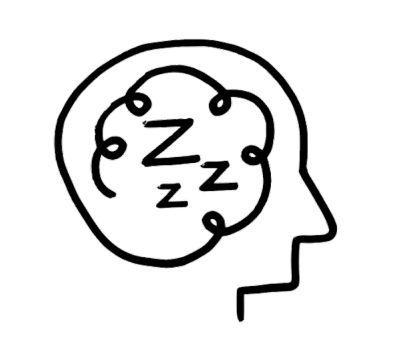What can cause anxiety?
While everyday life stressors can cause anxiety, there are a few biological and environmental factors that may lead you to experience anxiety as a mental health condition.
Keep in mind that everyone responds to stress differently. What may cause one person to experience anxiety may not impact you at all.
Scroll down to learn more.
- Past or childhood experiences
You may experience anxiety if your childhood wasn’t stable, nurturing or emotionally supportive.
In an unstable environment, our brains try to keep us safe by looking out for threats, which is helpful in the short term but can also lead to a constant feeling of being on edge or at risk, even when you’re not.
Equally, if you grew up with an anxious parent or family member, you may have learned anxious thinking patterns and behaviours from them, just as we learn so many other things from those around us when we’re young.
Childhood experiences that could lead to feelings of anxiety include:
- Unpredictable reactions or emotions from loved ones
- Constant criticism
- Instability, like moving schools or houses
- Bullying or feeling left out or excluded
- Trauma caused by things like accidents, natural disasters or domestic and family violence.
- A negative experience, for example being bitten by a dog may cause a phobia of dogs.
- Your current circumstances
“I began to experience anxiety as a result of being diagnosed with an aggressive form of cancer.”
- Specific triggers
- Our own thoughts and behaviours
- Genetics and biology
With the right support, any type of anxiety is treatable. To learn more about the support options available, you can:
- Read about short and long-term strategies
- Discover tools and apps that can help
- Find support services that are right for you
- Click here to save or print our anxiety fact sheet
- Click here to save or print 13YARN's anxiety fact sheet for mob






